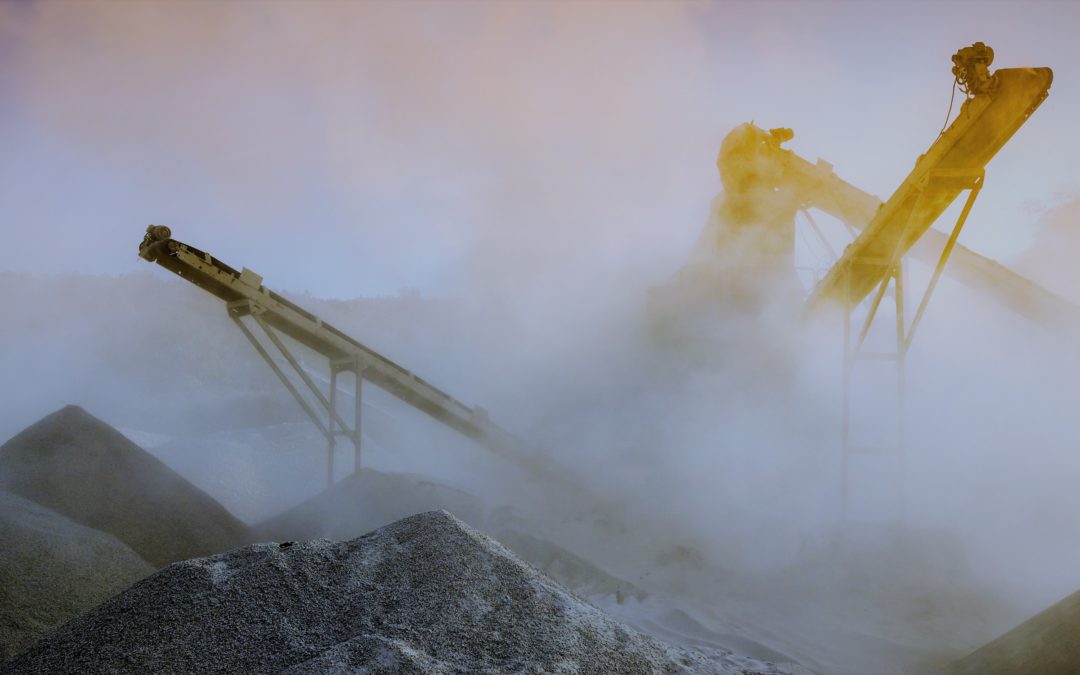“Dust” is the generic term used for solid particles with a diameter of less than 500 micrometres, and in more general terms for the fine matter that is found suspended in the air. Commonly, dust is generated by industries that work with large amounts of solid materials that are susceptible to shedding, thereby creating particles. These may be of varying sizes, and are generally divided into coarse and fine particles.
Problems caused by particulate matter
Particulate matter is harmful to human health, as it can cause respiratory health problems. To prevent this from happening, particles are usually treated with filtration equipment. The type of filter used depends on the size of the particles. The most common types are baghouse filters, electrostatic precipitators and cyclonic separators.
Which industrial sectors are affected?
The industrial sectors that generate dust and particles tend to be those that work with large amounts of solid materials, such as the mining, construction and food industries. The problem is particularly prevalent in silos for the storage of solid products, and in the incineration of waste.
The technical solution: baghouse filters
Baghouse filters are devices that remove the solid particles suspended in gas flows by passing the gas through fabric. They comprise rows of fabric “sleeves” that retain particles and are cleaned automatically by highly pressurised compressed air that is passed through them in a counter-current.
The particles transported in the airflow pass radially through the fabric sleeves and are deposited on the outside of them.
At certain intervals, which can be regulated in accordance with how dirty the fabric sleeves are, a counter-current of compressed air is passed through each sleeve so that the dust particles are detached from the fabric and fall onto the hopper below, where they are collected in order to be treated in the appropriate manner.
They are used in a wide variety of industrial processes in different sectors and with various products, including the automotive, petrochemical, chemical and mining industries and for products such as cement, plaster, iron, aluminium, ceramics, rubber and coal, among others.
They offer an alternative to electrostatic precipitators. Baghouse filters are suitable for collecting fly ash from low sulphur coal or fly ash that contains high levels of unburnt carbon.
The advantages of baghouse filters are:
- There are no moving internal parts.
- High levels of purification performance.
- Moderate energy consumption and pressure drop.
- They can be used on a wide variety of dust types.
- They allow for a modular design, meaning they can be used to treat a very wide range of gas flows.
Due to its hazard for health, particulate matter or dust must be safely and efficiently eliminated with the most appropriate technology – in this case, baghouse filters, to remove them from production processes in the mining, construction and food sector.
Contact us today to learn more or if you have any environmental challenge regarding this topic.


